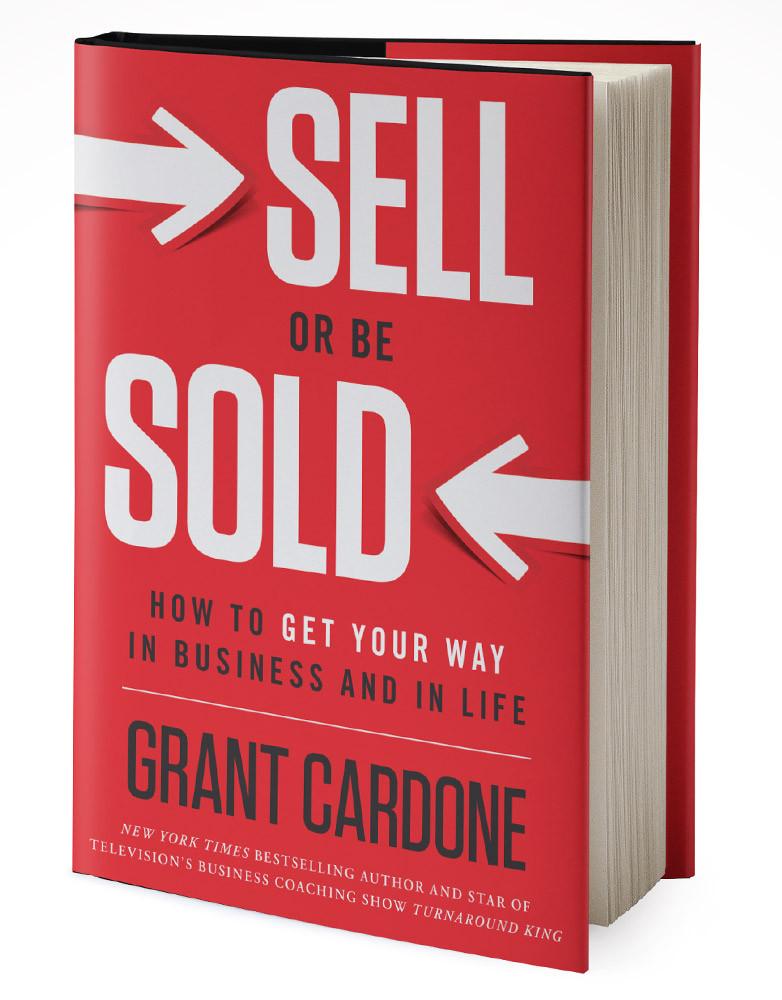“Book Notes” is a collection of notes from books relevant to entering the industry and practicing financial planning.
***
Note: For a series introduction and an explanation of my interest in the book, check out this page with my notes on the first three chapters.

***
Chapter 10: Establishing Trust
Cardone begins this chapter by reminding readers of the skepticism buyers typically feel towards salespeople – and whose responsibility it is to handle that distrust to make the sale. He goes on to explain when individuals should address the trust issue and his preferred way to increase credibility.
- “Distrust in the sales cycle is not the buyer’s problem, but yours!”
- “Prospects do not make sales, either. It is the salesperson’s job to make the sale. Whether or not the sale happens is entirely up to the salesperson, not the prospect.”
- “If an element of distrust exists…you must handle the distrust first.”
- “People believe what they see, not what they hear. Always have your presentation, proposals, and prices in writing for your buyers so they can see it with their own eyes.” … “If it’s in writing, it becomes more real to him.”
Chapter 11: Give, Give, Give
Next, Cardone gets at the heart of what many feel has been wrong with the financial advice industry – a focus on commissions. He encourages readers to give their full attention to their prospects and commit to a service mindset. Driving this point home, he challenges readers to assess whether they are offering a “Holiday Inn” or a “Ritz Carlton”-level of service. Finally, he explains that committing to serving (versus selling) has several benefits.
- “Selling is the act of giving, not getting; serving, not selling. Unfortunately, most people in sales are looking for their commission and what they’re going to get out of the deal rather than what they’re going to give, what their product really offers, and how the client will benefit.”
- “The best salespeople I’ve ever met were not the fast-talking guys, but the most service-oriented ones.”
- “Service is the only way to higher prices and less competition.” “If you elevate your level of service above the rest of the market, your customers will quit shopping the price.”
- “If you incorporate these simple truths about giving and providing stellar service, I assure you that you’ll become a master of your trade. You’ll experience a confidence that you cannot put any value on, and that is worth more than money itself.”
Chapter 12: The Hard Sell
Finally, Cardone begins Chapter 12 with his own definition of “hard selling” and clarifies what it does not mean. He goes on to provide his formula for hard selling and highlights the importance of practicing handling objections.
- “The salesperson must be willing to persist even when it gets hard, difficult, or uncomfortable. That’s what I mean by ‘hard sell.'”
- “I’m not talking about pressuring the buyer. I’m talking about being willing to get to that hard place in the close where everyone gets a little bit comfortable. The salesperson must be willing to stay in the deal and persist through to the close because he believes deep down inside that the product or service is right for the buyer.”
- “There are only two things that can get you to the point of being a true professional hard-sell closer: (1.) You must believe that what you’re offering is the right thing for the prospect. (2.) You must be trained to stay in the close no matter what happens. You’ll need to be armed with an arsenal of ways to handle stalls, emotional reactions, and objections.”
- “The more you practice handling objections, the more natural you’ll sound.”
***






